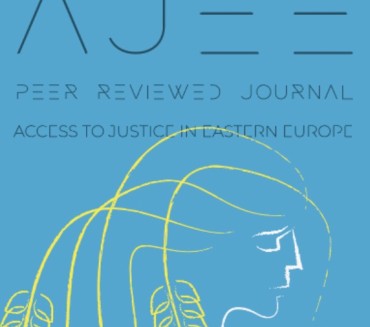Summary: 1. Introduction and the Project Background. – 2. Key Speeches and Insights from the Speakers. – 3. Conclusions and Policy Paper. – Annex: Policy Paper ‘Addressing the needs of Ukraine: reform, reconstruction and recovery in post-war Ukraine’
Background: The work examines the results and conclusions of the roundtable held on May 24, 2023, within the framework of the research project. The participants of the event discussed the main challenges that the Ukrainian government will face after the war when restoring the economy. The war and Ukraine’s expected victory should significantly change the geopolitical and economic situation in the world, change the understanding of energy as a weapon, and thus, create a guarantee of energy independence for the entire European continent. Scholars, policy makers, scientists, and practitioners joined together in discussion about addressing the needs of Ukraine after the victory, during the reconstruction phase. The participants noted the inevitability of institutional changes in the Ukrainian state, which is required by the future accession to the EU and NATO. However, in addition to economic challenges, Ukraine will face a complex of significant post-war problems: ensuring social stability, restoring infrastructure, ensuring the integration of the military into peaceful life, restoring the ecology of the territories where military operations were conducted, and significantly reforming the judicial system.
Results and Conclusions: The policy paper concerning Ukraine’s reconstruction efforts was announced as a result of the roundtable. It was highlighted that, to establish a future regional infrastructure and foster a win-win business perspective, it is crucial to engage in practical discussions with the Romanian government and private companies. Creating a shared business platform would facilitate the transition from expressing interests to direct participation in the recovery process. To achieve broader reconstruction goals, it is essential to involve other Western industry actors from countries like Germany, France, Italy, the U.S., the UK, Poland, Norway, etc., with their financial, technological, and implementation capabilities.

